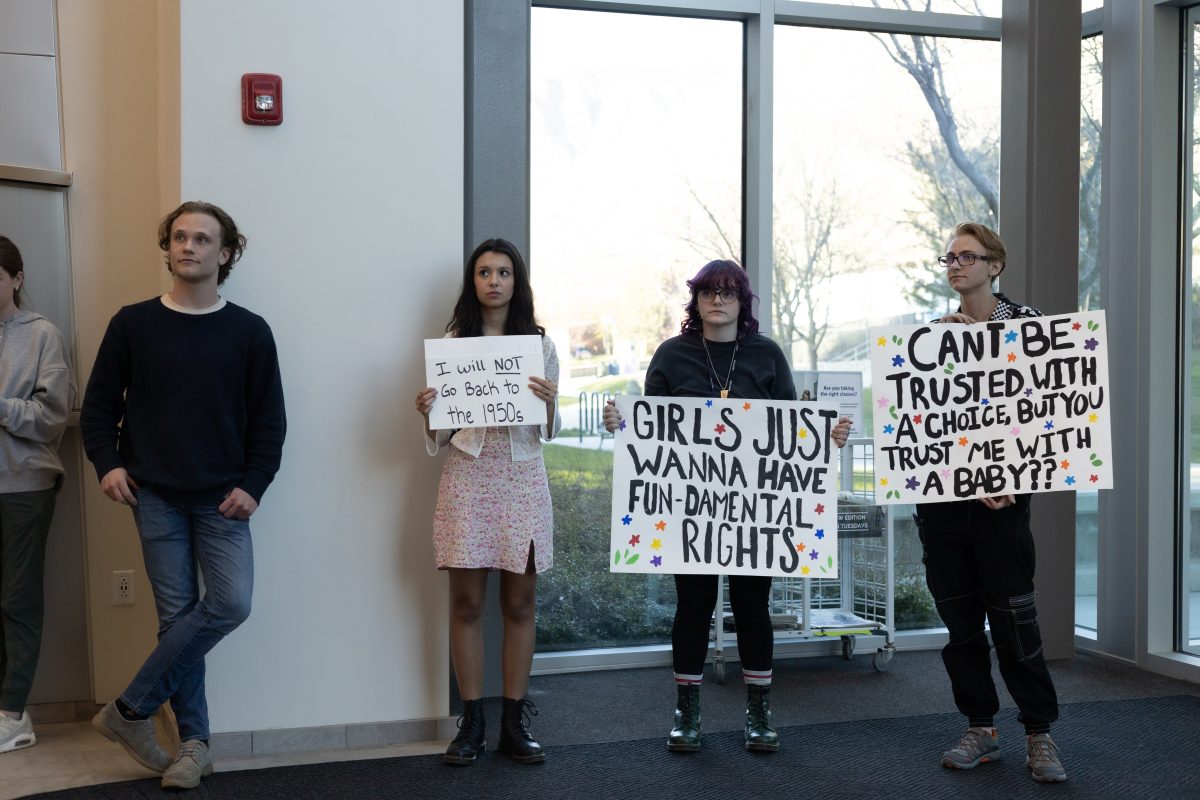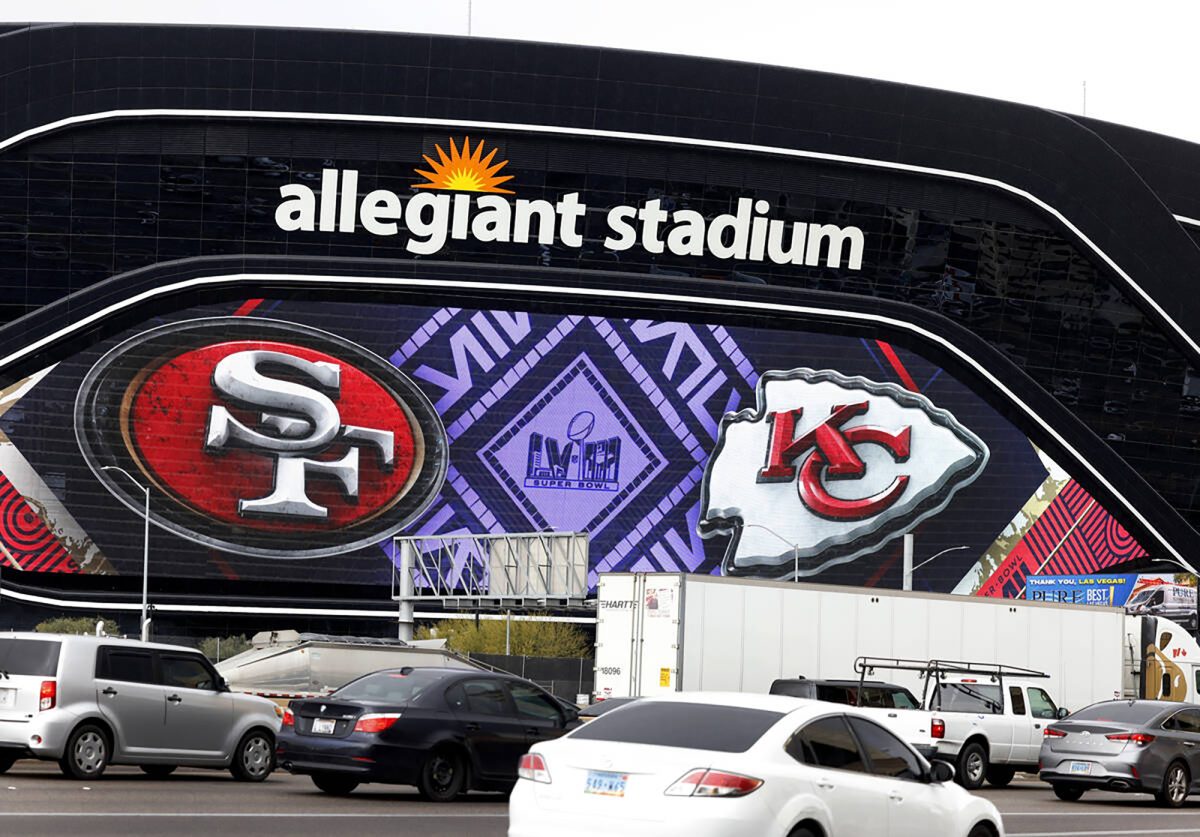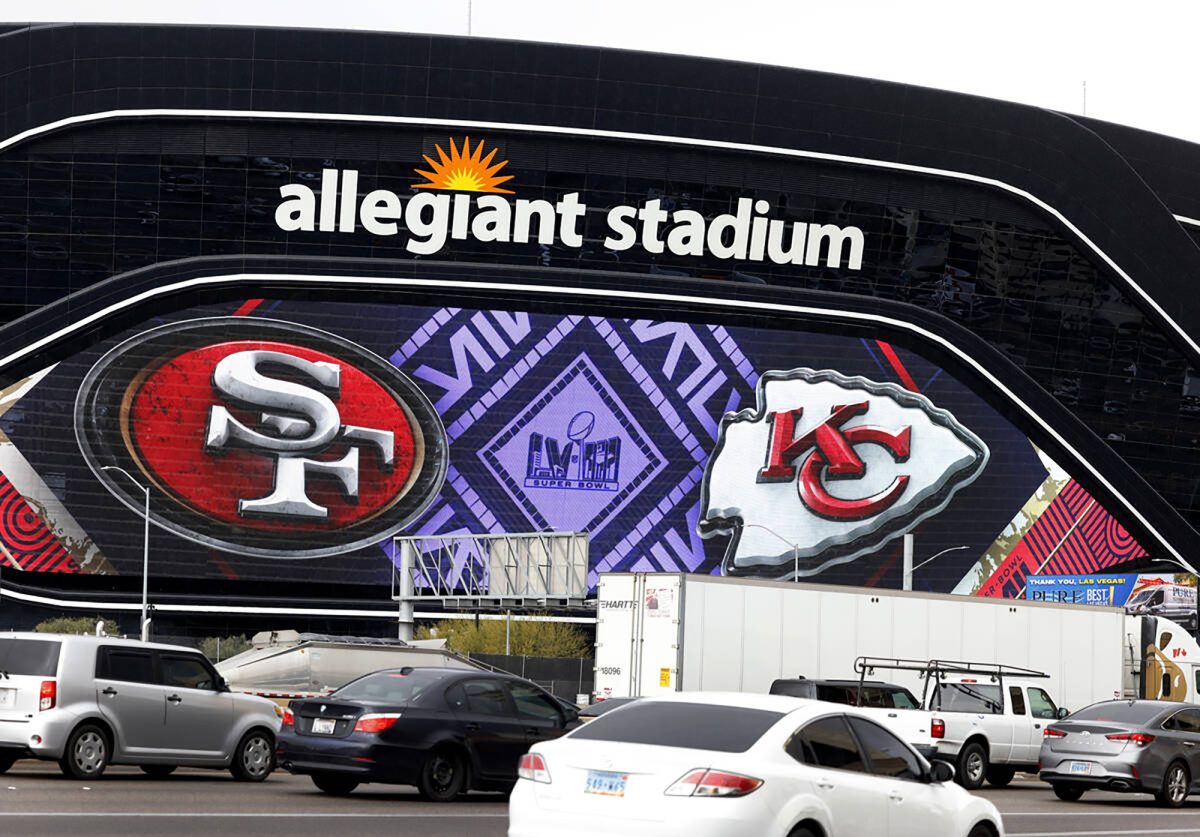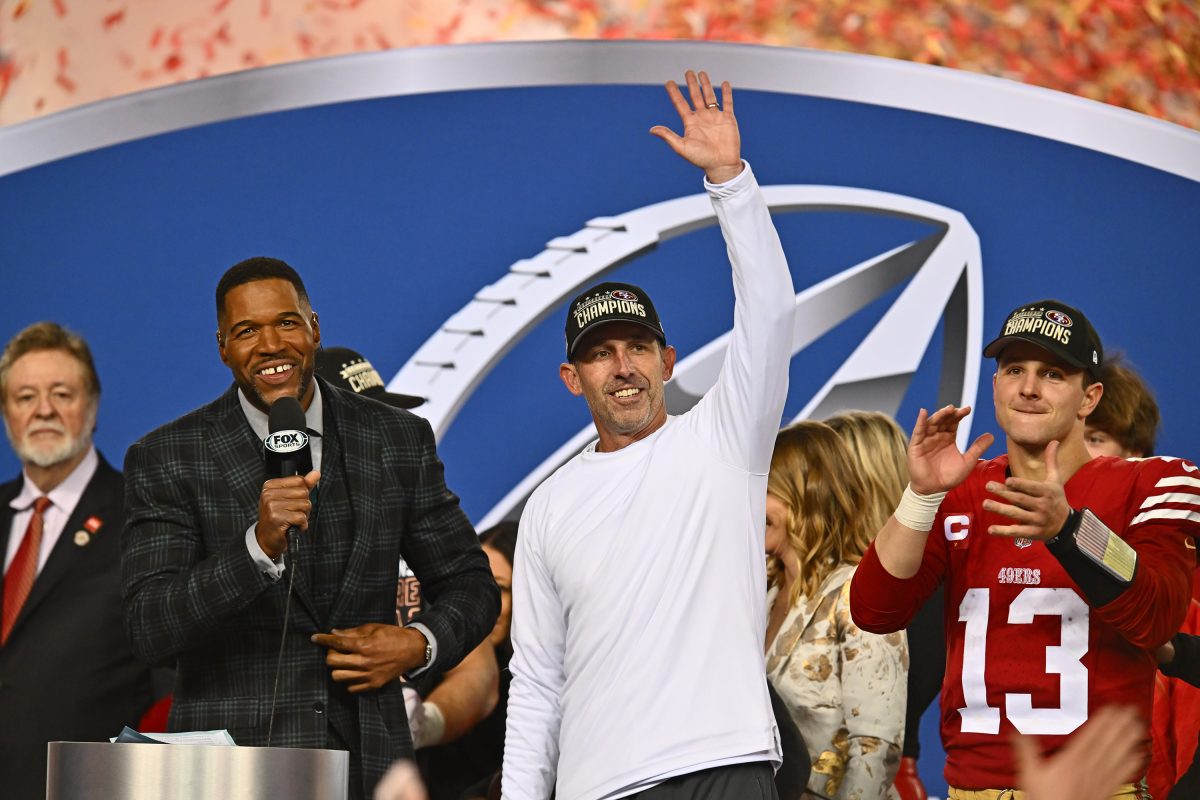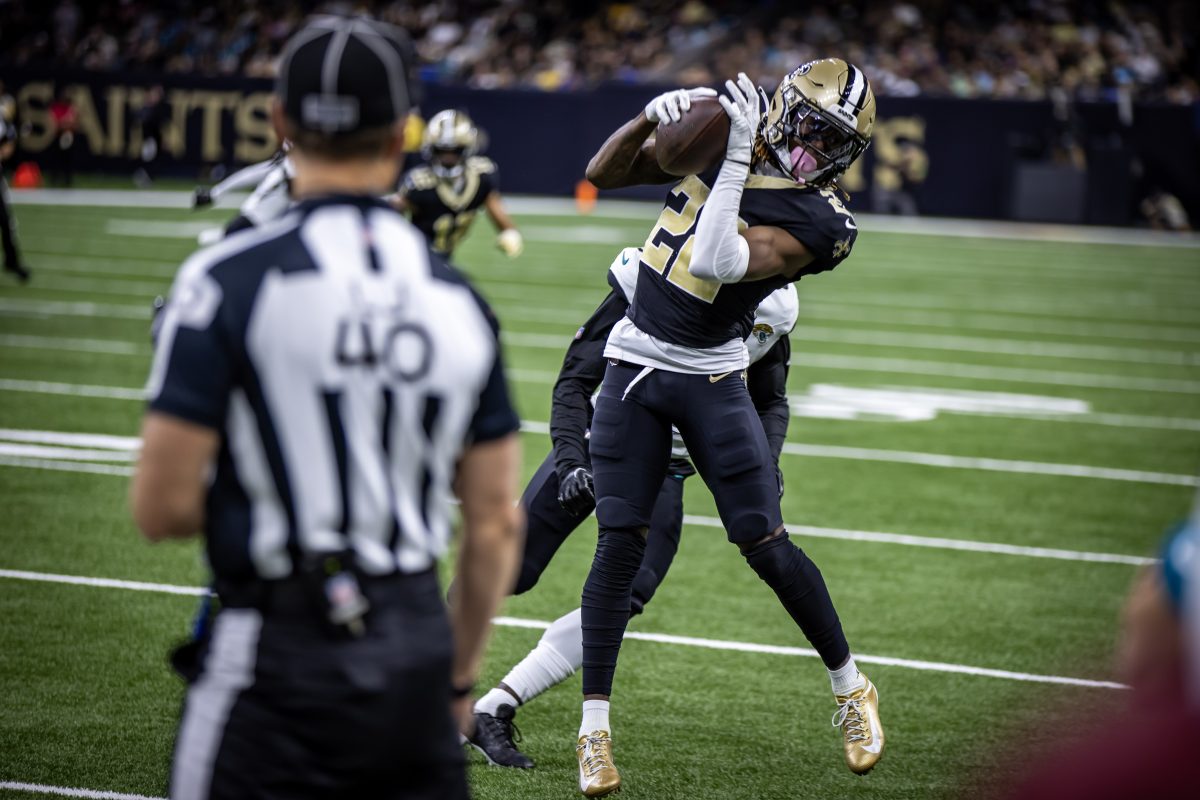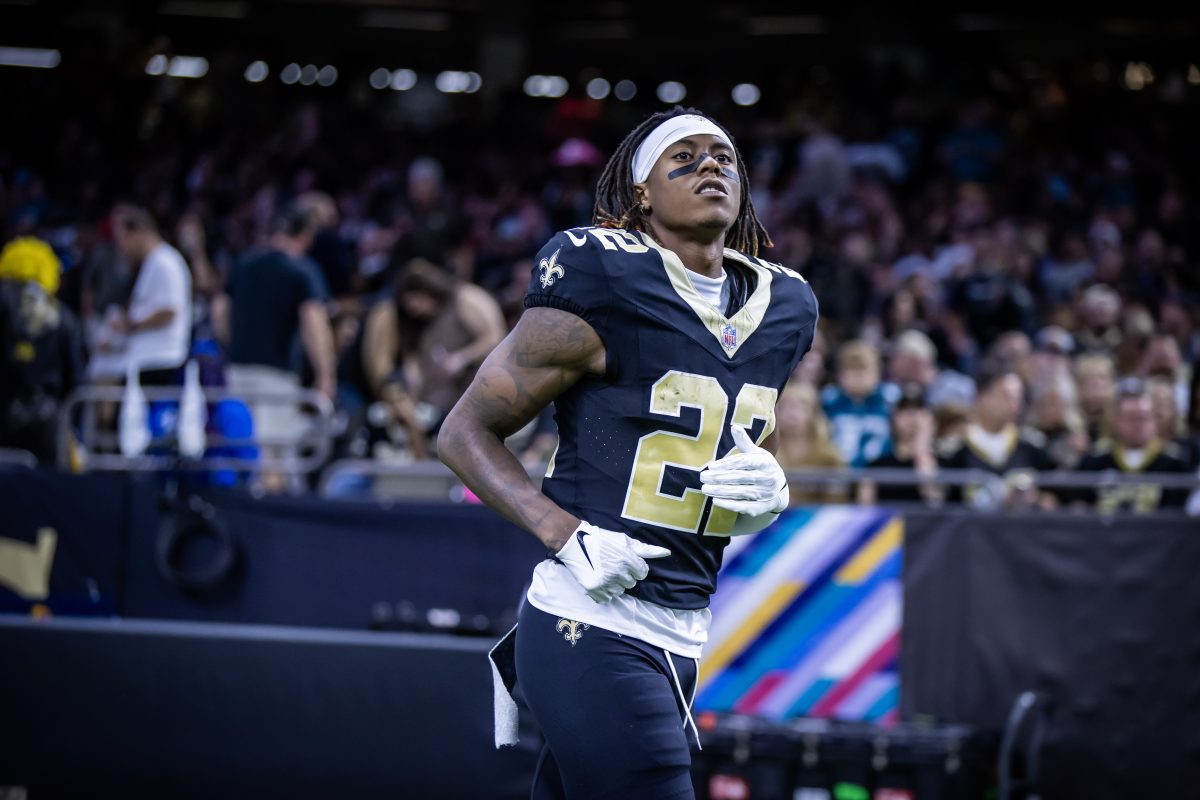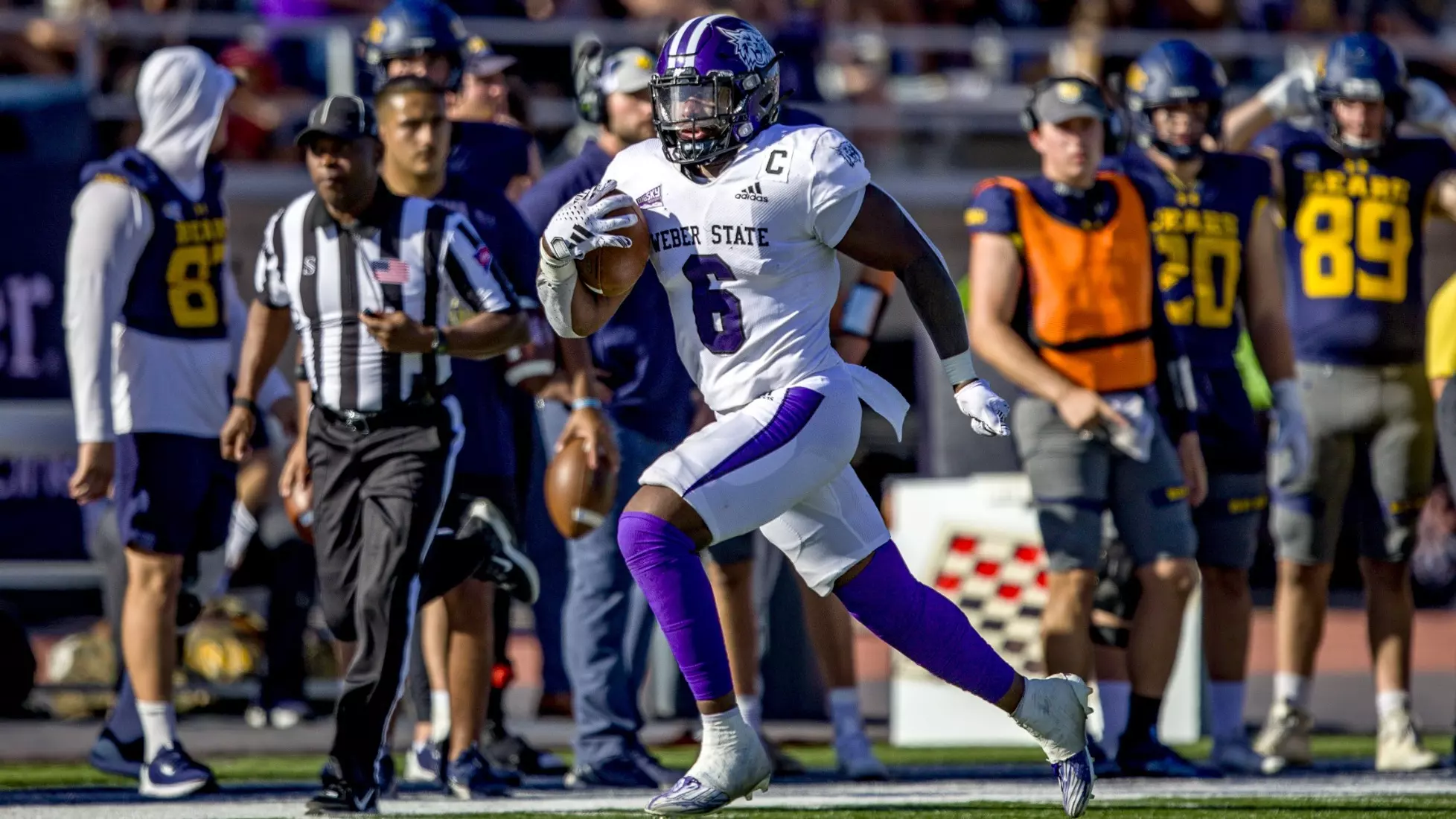Former Weber State and NFL player Wade Davis II discussed discrimination and diversity in connection to athletics at the seventh annual Allen Holmes Diversity Symposium Conference on Feb. 9.
Davis was born in Little Rock, Arkansas. He played three seasons at Weber State after one year at Colorado Mesa University in Grand Junction, Colorado.
After graduating with a bachelor’s degree in Science of Business Administration at WSU, the retired cornerback went undrafted in 2000 and signed with the Tennessee Titans, but he was cut after training camp.
In 2001, he went overseas to play in Germany for the Berlin Thunder in the now-defunct NFL Europe. Davis played corner for all 10 games that season and had a team-high of 57 tackles leading the Thunder on its way to being World Bowl IX champions. He would sign for the Seattle Seahawks soon after, only participating in their preseason.
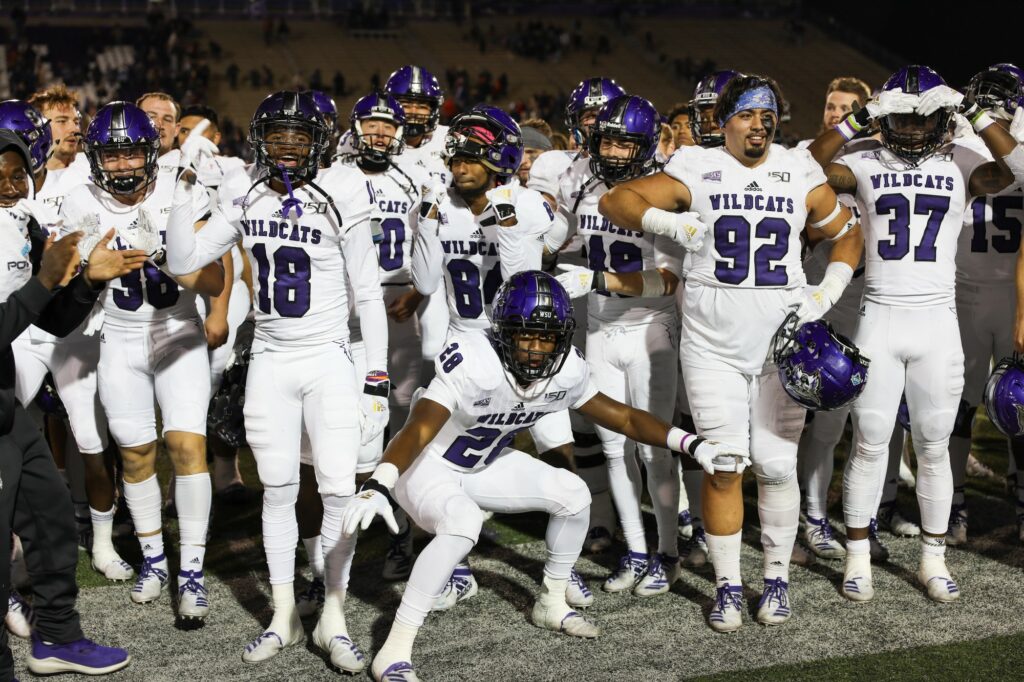
Davis would return to Europe, as he was drafted by the Barcelona Dragons in the 2002 NFL Europe allocation draft. After making 41 tackles for the Dragons that season, he would return to the Tennessee Titans in 2002 for preseason and training camp but was cut again before the regular season started.
His last stop in the NFL was with the Washington Redskins, now known as the Washington Football Team in 2003. Davis would participate in Washington’s training camp and preseason but retired due to a leg injury.
Davis came out as gay in 2012. He is one of the few openly gay NFL players in the league’s history.
Now, he is a public speaker who talks about the LGBT community, diversity and equality while also being a book author.
“If you are trying to be a leader, you got to be comfortable with the nuance,” Davis said. “You got to come out of the black or white, male or female, straight or gay. Leaders and coaches should be disinterested in getting it right and be more interested in getting better.”
Davis talked about how anybody should handle a situation if there is an issue while playing for or coaching a team.
“Don’t think that you need to address the individual. If there is somebody on your team that identifies themselves as gay, they aren’t the person who you should be addressing. You need to be addressing the culture that is being created on your team,” Davis said. “You got to make sure your coaches have a certain level of fluency and that you are addressing these issues and speaking about them — not only on the first day of practice, but the next week, and the next week, and the next week.”
Davis said to trust that your athletes are competent enough that you can teach them how to be more understanding of these issues. Then, they can make said issues personal and speak out about them with more fluency and confidence.
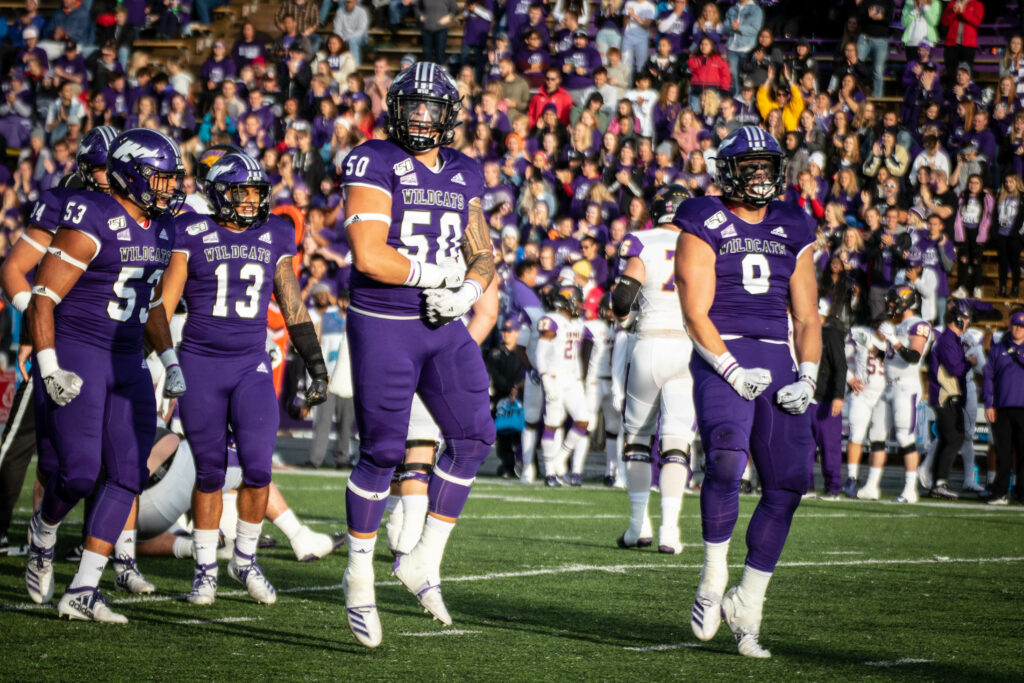
Davis said what coaches and athletes are saying on and off the playing field nowadays might not be acceptable in the not-too-distant future.
“I don’t believe that there will be a time where sports will be a utopian place where anyone across identity will 100% feel accepted because life changes too quickly and the language we use now will not be used in 10 years,” Davis said. “What was safe to say on Monday is not going to be safe on Friday, but I have to keep learning and stay engaged.”
Movements fighting for equality are growing bigger and bigger across the country, and Davis emphasized about schools and teams embracing students and athletes who want their voices heard.
“Sports teams or institutions can think about signage like Black Lives Matter or LGBT flags. Whatever it is, something that signals you as an organization or institution is thinking about these people that exist and that their lives are precarious,” Davis said.
Coming out as gay was very difficult for Davis to do because he thought about the slander and discrimination that others had faced, which made him cautious if he wanted to share the news when he was playing professional football.
“I kept this secret because the world told me that it would’ve hated me. When I was a kid, the language that was used in every story on the television was a heterosexual story. Every time they talked about athletes or sports, it was a heterosexual story. I didn’t think I was possible,” Davis said.
Davis said the reason why people may not tell you they are LGBT has nothing to do with that person’s love for themselves. Often times, it’s hard to trust that people like coaches, teammates, teachers or friends will all still love you.
If he could go back in time and give his younger self some advice, Davis said he should have gotten out of his own head and stopped creating stories about his teammates that were mostly untrue.
“I wish that I would have trusted my teammates and knew that they loved me and me identifying as gay would not have changed all of them. I wish I could have told one or two of them. It would have made me a better player, a better teammate and a better friend,” Davis said. “I don’t want to be defined as a gay athlete. I want to be defined as an athlete who happens to be gay.”



